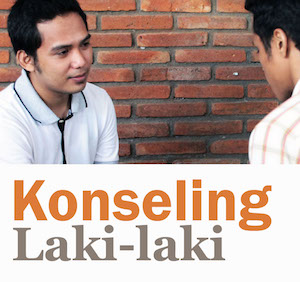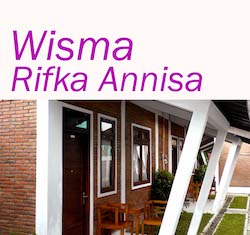Rifka Annisa in collaboration with UNFPA conducted a study in three NTT (East Nusa Tenggara) districts (Alor, Manggarai, TTS), one city (Kupang), and four districts in Papua (Jayapura, Keerom, Jayawijaya, Merauke). This research was conducted in August 2011 for approximately twenty days. The agencies involved in this study included the police (personnel, police stations, police offices), the Centre for Women and Children’s Services, NGOs, marriage counseling and divorce settlement bodies, Organization for Religion, health centres, hospitals, Organization for Social Development and Children’s Health, and each province’s office of marriage regulations. The results have been positive, for the efforts have helped in execution of preferred family and customary laws by victims and local service agencies. Unfortunately there has not yet been a mechanism set in place to assist with the application of customary law into positive law enforcement protocol. Policymaking efforts are weak in addressing violence against women and children. In some areas, women's empowerment organizations have still not incorporated certain policies and therefore negatively influence coordination efforts. Conclusions drawn from this study emphasize the importance of building inter-agency synergy between existing services and organizations in order to provide the necessary resources and facilities for victims.







